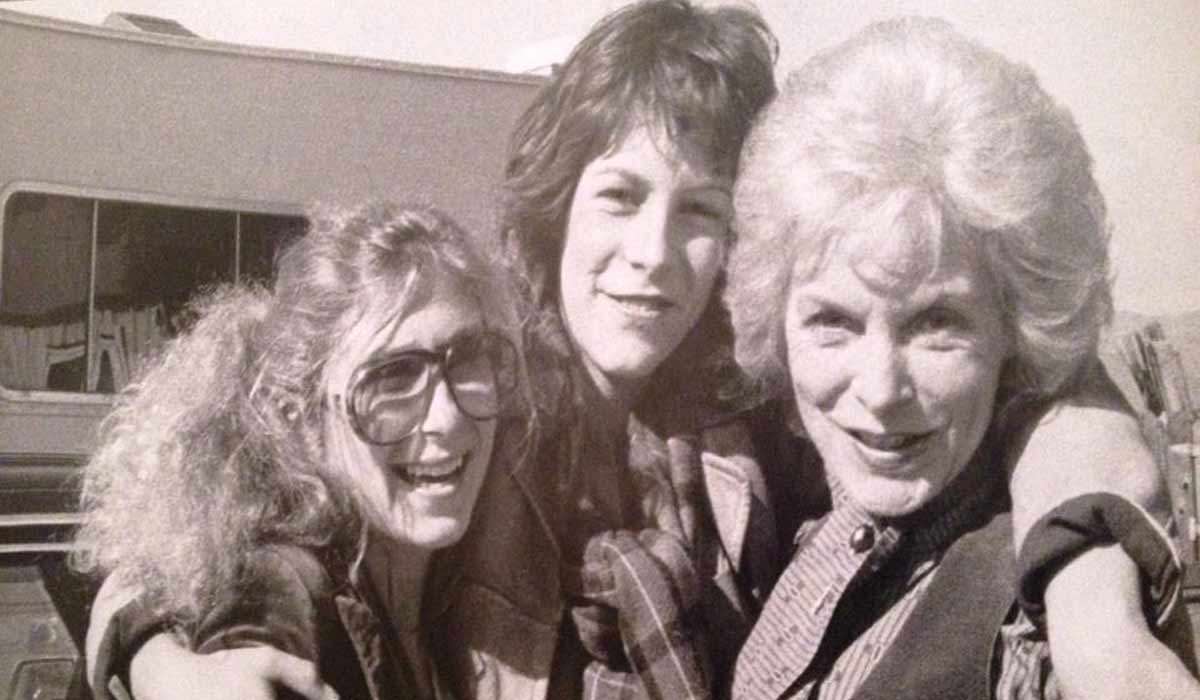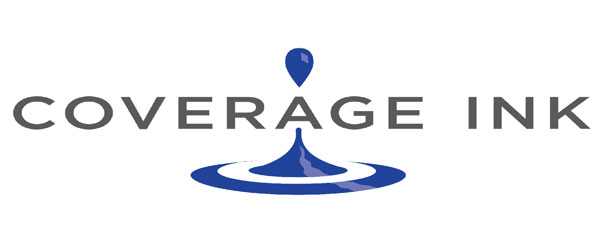Ode to Debra Hill
Growing up with the admittedly ambitious dream of becoming a horror filmmaker, I accepted pretty early on that female role models were few and far between. Not that I was particularly seeking them out, I idolized all the great male directors just the same, however I would still find myself subconsciously scouring the credits of scary movies for potentially female names because, for me, that made my goal that much more attainable. Lucky for me, I only had to wait about 15 seconds into the beginning credits of Halloween to find, not just any female name, but one that had carved out a reputation as a pioneer in both the horror genre and film in general. Made on a modest $325,000 budget, Co-Producers Debra Hill and John Carpenter had their work cut out for them with their upcoming indie film, Halloween. Fortunately for them, and us, the stars and their combined talents aligned and the film became the most successful independent film in history, grossing 70 Million worldwide, spawning seven sequels and two remakes. But as John Carpenter became a household name, his Co-writer and Co-Producer, Debra Hill remained in obscurity.
Debra Hill began her career in the film industry from the ground up. Starting out as a Production Assistant on adventure documentaries, Hill rose through the ranks, doing everything from Assistant Directing to Script Supervising. Eventually, her path crossed with John Carpenter on his 1976 film Assault on Precinct 13, on which Hill had been the Script Supervisor. Due to the impression she had made on Carpenter during the making of the film, it was she who he approached with a script he had been asked to write. The script would be for a low budget horror film about a man stalking babysitters on Halloween night. It was Hill’s secondary voice on the script that ended up being vital to the success and durability of the film. Aside from simply supplying the name of the fictitious town in which the film is set, naming Haddonfield, Illinois after her own hometown of Haddonfield, NJ. Her contribution to the dialogue and the relationships between the female characters sets the film apart, even by contemporary standards. The rapport between the teenage girls and how they interact with those around them feels organic and believable in a way that can only have been written by someone who had had similar experiences. Hill was even responsible for the last key ingredient involved in launching Halloween into greatness, the casting of Jamie Lee Curtis. Hollywood pedigree aside, Curtis was relatively unknown prior to Halloween’s release and it was Debra Hill who recognized her potential as an actress and, from a producing standpoint (and long time Hitchcock), the potential to draw parallels between their film and Curtis’ mother Janet Leigh’s work in Alfred Hitchcock’s Psycho. Hill was also known to go beyond her duties as a Producer and Writer. In the documentary Halloween: A Cut Above The Rest she describes the cast and crew as all hands on deck where everyone did a bit of everything, and she seemed to continue that same proactivity and versatility throughout her life.
Even this early in her career, Debra Hill possessed a certain level of self-awareness and industry awareness that would benefit any producer in the business, let alone a female. In 2003, she recalled experiences that ring true for women even to this day, saying "Back when I started in 1974, there were very few women in the industry, and everybody called me 'Honey’. I was assumed to be the makeup and hair person, or the script person. I was never assumed to be the writer or producer. I took a look around and realized there weren't many women, so I had to carve a niche for myself." And that’s exactly what she did.
The success of Halloween may have shocked a large portion of Hollywood at the time; but Debra Hill and her crew knew they had created something extraordinary. In A Cut Above The Rest, Cinematographer Dean Cundey recalls the film’s screening at John Carpenter’s alma mater, USC and it’s subsequent Q&A with the cast and crew. The film drew some expectedly mixed reactions from the crowd, with a portion of the audience walking out. But during the Q&A, Cundey recalls Debra Hill saying that they hoped the film would become something of a classic, a comment that enraged a particular audience member to the point of calling them pretentious and walking out. It was this exact type of unapologetic faith in her and her collaborator’s work, along with some damn good instincts that led to that audience member eating his words as Halloween has become known as one of the greatest horror films of all time.
Due to their undeniable working chemistry, Debra Hill and John Carpenter collaborated many times throughout both of their decades-spanning careers. They reunited as Co-Writers and Co-Producers again on Halloween II, although Carpenter did not return as Director, and Co-Producers on Halloween III: Season of the Witch. She also produced several of Carpenter’s other hits, such as Escape From New York and The Fog. Although she is best known for her work with Carpenter, she collaborated with several other well-known directors in and out of the genre. As far as horror films go, she produced David Cronenberg’s The Dead Zone but proved she could make a hit out of any genre with Terry Gilliam’s Oscar winning film, The Fisher King along with several cult comedies, including Clue, Adventures in Babysitting and Heartbreak Hotel. Her instinct about films and filmmakers proved time and time again to be steadfast and her passion and expertise further elevated the films she championed into success.
Sadly, in 2005, after three decades in the film industry Debra Hill succumbed to cancer at the unfairly young age of 54. She continued to work throughout her 13-month battle with the disease and all the way up until her death. The legacy she leaves behind continues to impact the filmmaking world for fans and filmmakers alike. Although she was never as widely praised as many of her directorial counterparts, she was a legend in her own right. As her longtime collaborator and friend, John Carpenter speaks of her as nothing short of an equal, describing her as “a real pioneer in this business, who opened the road for women” "Unlike many producers, she came from the crew ranks. I think they're the most under-appreciated people, and they work the hardest," he said. "She had experienced the ins and the outs and had a thorough understanding of what it took to make a picture."
In 2003, the organization Women in Film honored Debra Hill with their Crystal Award. This award could not have been more deserved and although she is no longer with us, I am optimistic for the future of her reputation. There is no question that she had an extraordinary impact on the industry. Her ability to break glass ceilings paved the way for many other women in her field and I can only hope will inspire young girls to do the same, regardless of the industry. With that being said, I want to extend a personal thank you to Debra Hill. Thank you for your fearlessness in the face of an, often merciless, industry and thank you for being that name in the credits, it meant a lot.
- @TalesfrmthCrypt





